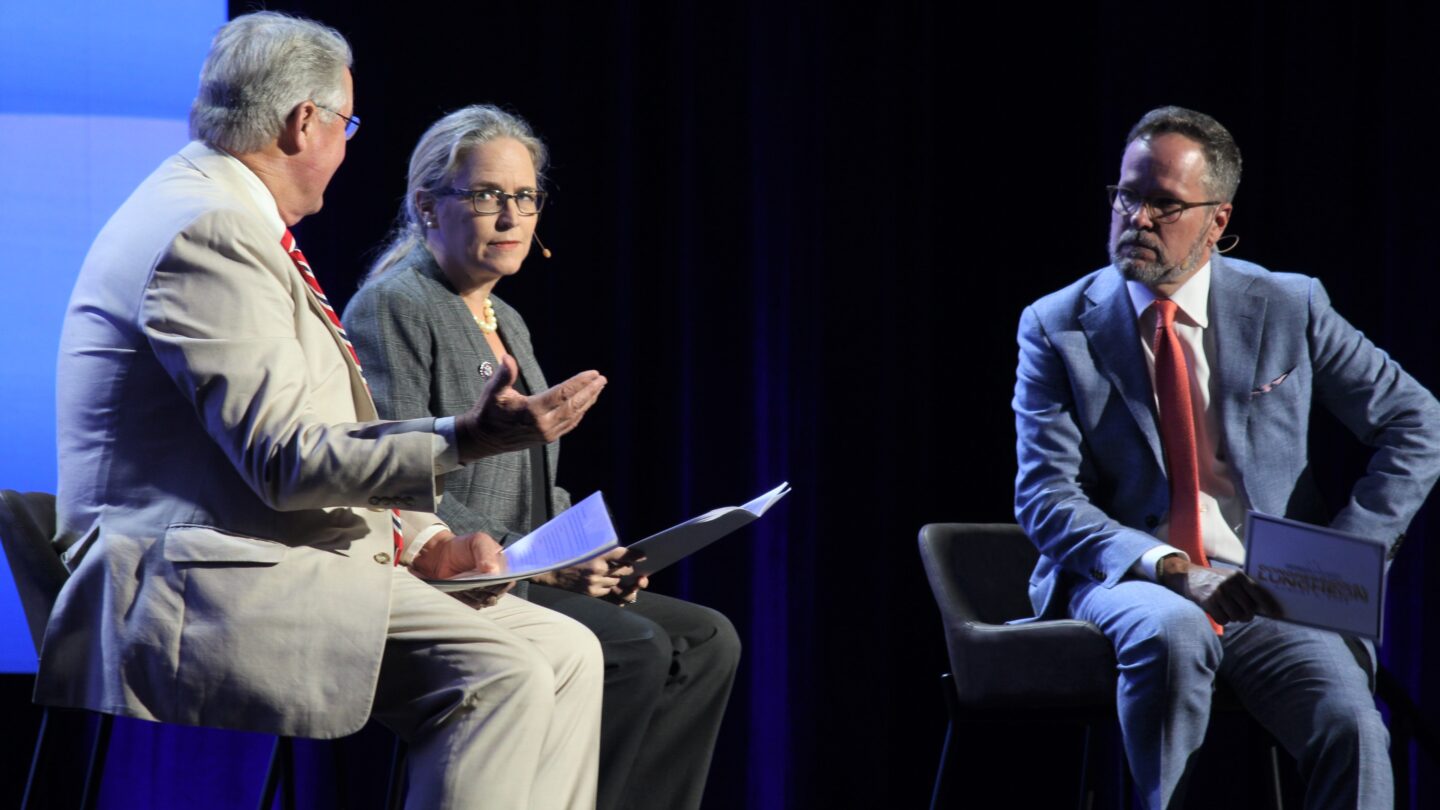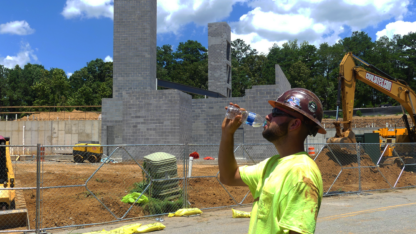Georgia’s congressional delegation remains deeply divided, politically, but they are in agreement on one thing: the state needs more workers.
Members of congress from both parties spoke Tuesday in Macon, in an event hosted by the Georgia Chamber.
Republican Rep. Buddy Carter, who represents the state’s 1st Congressional District, says Georgia’s worker shortage is not hard to miss.
“Ride down the road, you see ‘Help Wanted’ signs everywhere,” Carter said. “You see businesses closing early and cutting back on their business hours because they don’t have the help.”
Rep. Carolyn Bourdeaux, a Democrat, says a significant reason for this labor shortage is the steep drop in immigration over the last six years.
“We are not getting the replenishment from immigration that we’ve really built our businesses around and what I hear as I talk to people is businesses are desperate for labor,” said Bourdeaux.
Bourdeaux, who will be leaving Washington next year after losing the primary in the newly-drawn 7 th Congressional District, also says more high school and technical college students should be made aware of the many well-paying careers that don’t necessarily require a four-year college degree.
“We have a lot of the great pieces in place,” said Bourdeaux. “We just have to start building on those and bringing them together.”
Republican Rep. Rick Allen, who represents Georgia’s 12th congressional district, is proposing moving the H-2A temporary agriculture worker visa program under the Department of Agriculture.
“This whole thing gets gummed up in the bureaucracy,” said “Those of us on the Agriculture Committee are on the phone with the Department of Labor every season trying to get those workers here under that legal program. They’re ready to come, but there’s always hang ups.”
Georgia Chamber CEO and president Chris Clark says immigration reform is among his organization’s top legislative priorities.
“We’ve put forward a series of recommendations that look at: how do you encourage women back in the workforce, like with childcare and those types of issues,” said Clark. “We’ve got to fix legal immigration and increase the number of visas.”
Clark also said the state should pass legislation to allow DACA recipients to receive in-state tuition.
He says he hopes discussions like the ones over lunch Tuesday will help move toward a bipartisan solution to many of the issues facing Georgia businesses including worker shortages, access to rural broadband and supply chain snags.
“People from opposite parties on the same stage, it forces them to recognize each other, have a deeper conversation,” said Clark. And hopefully they can take that back to Washington with them.”









